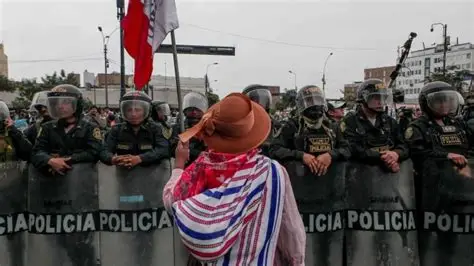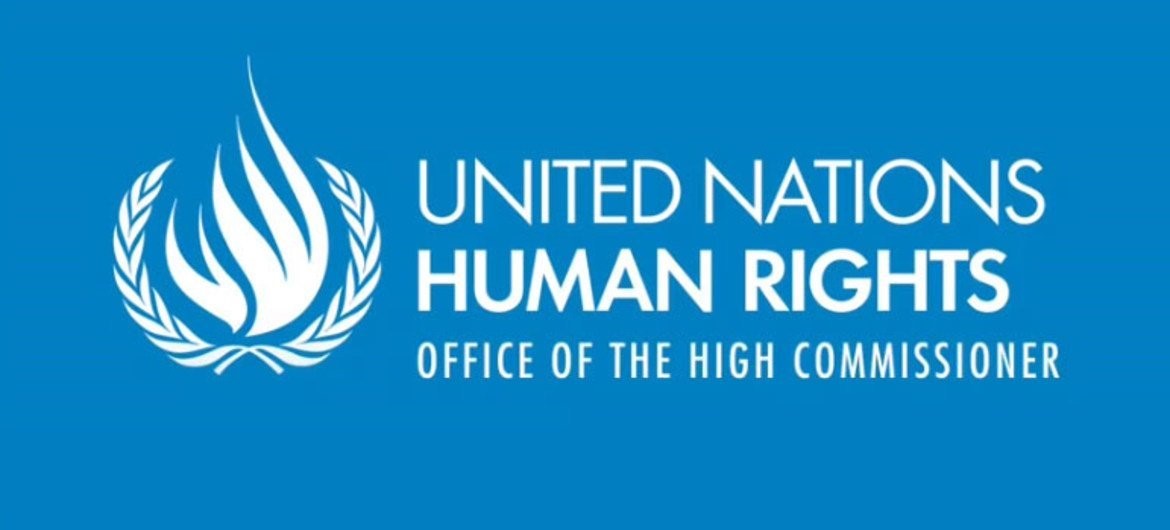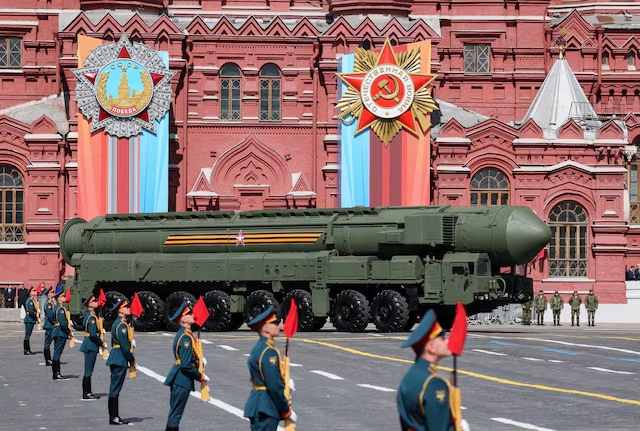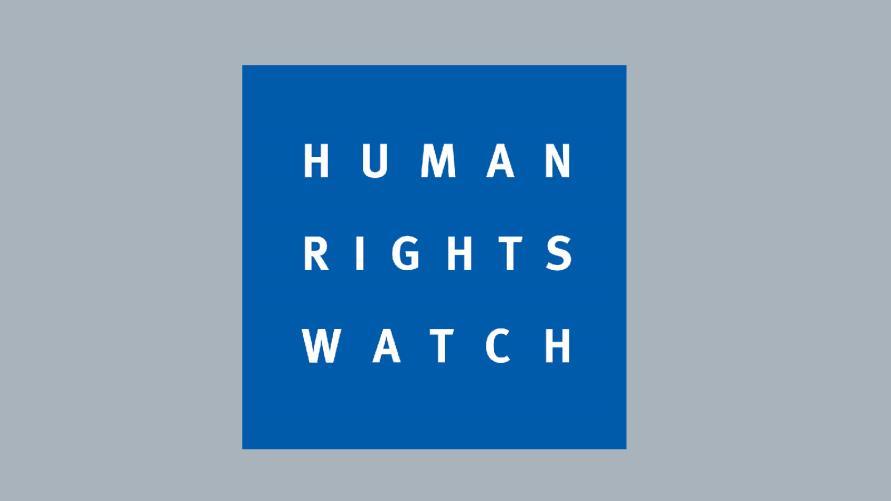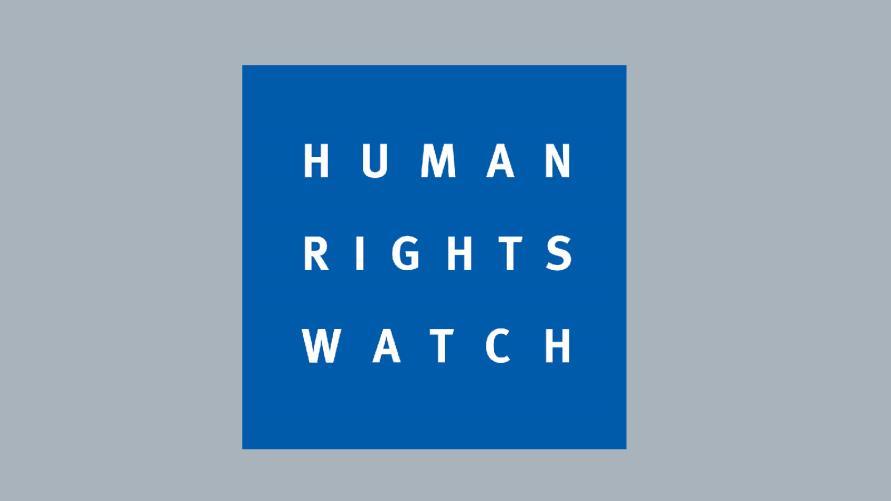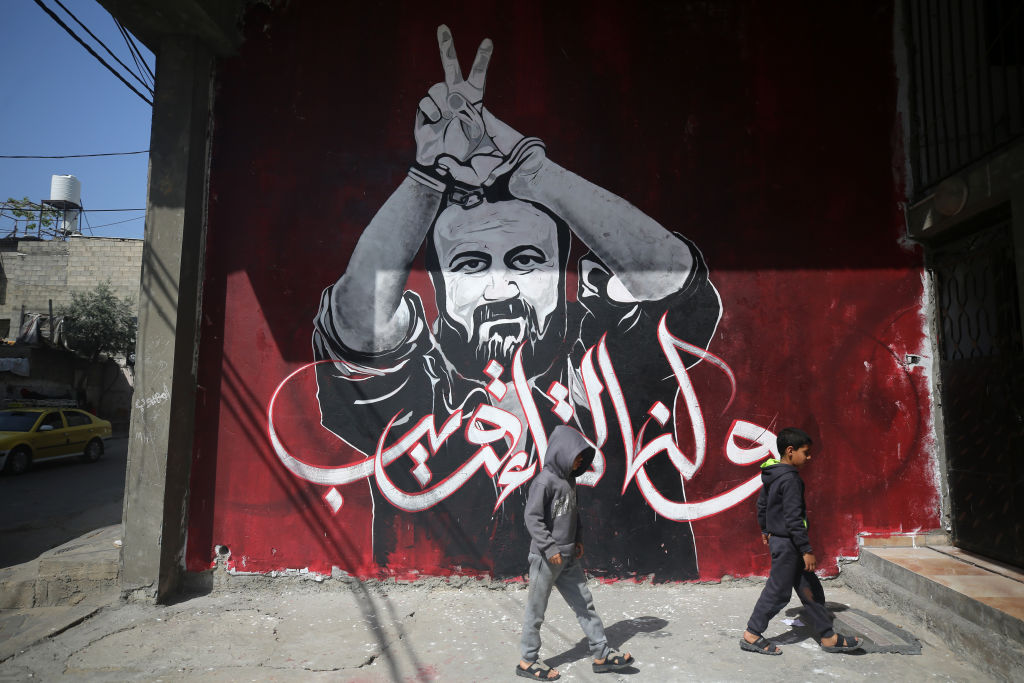![French President Emmanuel Macron in Algeria, 2017 [Reuters]](https://liberties.aljazeera.com/resources/uploads/2020/11/1605093639-scaled.jpg)
French President Emmanuel Macron in Algeria, 2017 [Reuters]
A long-awaited report by the Duclert commission, a commission appointed by the French government to investigate the French role in Rwanda between 1990 and 1994 and in the 1994 Rwandan genocide, appeared on Sunday.
The 1200 page report entitled La France, le Rwanda et le genocide des Tutsi, was prepared by a group of fifteen academics, mostly historians, who were given unprecedented access to French government archives. The commission, appointed by President Macron was chaired by historian Vincent Duclert.
The report concludes that it couldn’t find proof of intent to collude with genocidaires but also frames the Rwandan failure as ‘the last imperial loss’ for the country.
According to human rights lawyer Sarah Kay’ the report draws a direct line between France and its colonial apparatus.’
Speaking to Al Jazeera Kay says that ‘the recklessness and negligence that France displayed during those horrific four years should continue to be examined for the purpose of finding a pathway to accountability beyond Macron’s somewhat simplistic desire to ‘improve relations’.
The Rwandan genocide is seen as one of the most sensitive issues of French foreign policy over the past half-century.
Political and military failure
In the decades since the genocide questions have persisted about whether France played a role in helping the Hutu authorities.
President Francois Mitterand had a close relationship with his Rwandan counterpart Juvenal Hayarimana. The report finds that the proximity between the two leaders ‘looms over [France’s] policy’.
Since becoming president Macron has tried to confront France’s colonial past and its post-colonial involvement in Africa.
The report finds that there was a French political, military, diplomatic, administrative, intellectual and ethical failure in dealing with the genocide. The commission said the French presidency at the time was blinded by its proximity to the Rwandan Hutu leadership and by ‘an ethno-nationalist obsession.’
Macron welcomed the report’s conclusions.
- Most Viewed
- Most Popular


